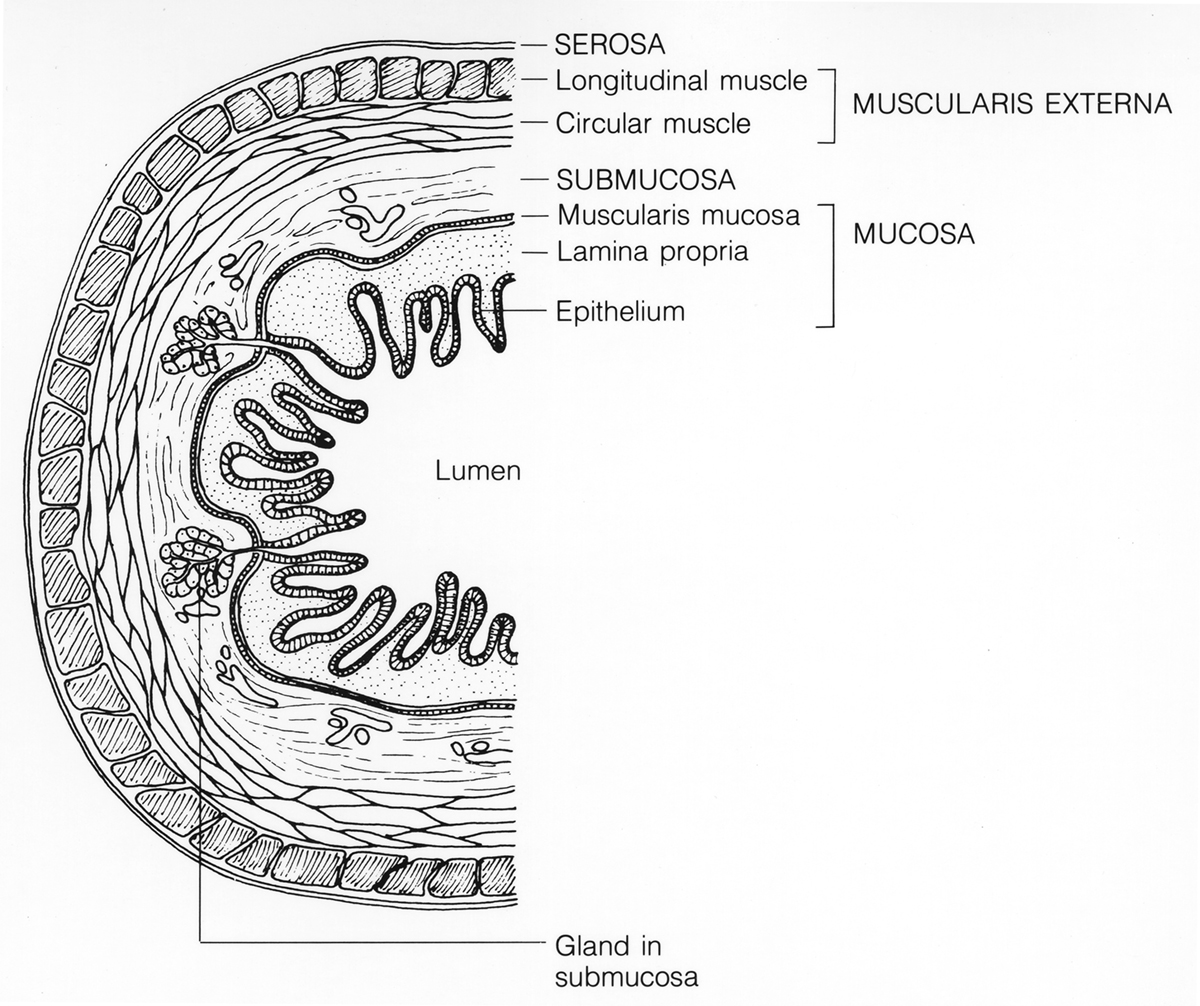
IBS Symptoms
Irritable bowel syndrome affects the small intestine and colon, and causes symptoms that can occur in the lower abdomen. No matter if this syndrome arises due to infection, hormones, stress or imbalance of intestinal flora, a change in eating habits can have a significant effect on alleviating pain and discomfort that the person suffering from the IBS feels.The main symptoms of irritable bowel syndrome include changes in bowel motility, which are: periods of constipation and diarrhea cramps in the lower abdomen, especially expressed after food intake excessive gas bloated in the lower abdomen
Factors that Worsen Symptoms
Hypersensitivity to food - some people because unknown reasons feel that the symptoms of irritable bowel syndrome are getting worse after consuming a particular food. Identifying foods that cause problems and their elimination from the diet can provide long lasting relief. Imbalance of intestinal microflora - assumes more harmful bacteria in digestive tract. This can lead to diarrhea and result in the creation of gas and flatulence. Excessive fat intake - foods with a high proportion of fat can load the digestive tract which can result in diarrhea immediately after meals. Sensitivity to lactose, sorbitol and fructose - according to some studies, nearly 50% of patients with irritable bowel syndrome is, without being aware of it, intolerant to lactose. Undigested lactose travels to the digestive tract where ferments by lactic acid bacteria causing the creation of gas, flatulence and pain. Fructose is largely found in fruits and fruit products and diet products in combination with sorbitol. Avoiding such products can greatly relieve the irritable colon symptoms in people who are hypersensitive to these components. Overeating, irregular eating habits and fast food consumption Excessive intake of alcohol, coffee and carbonated drinksFoods that are Recommended
Whole grains can help to ease pressure and pain caused by constipation. Also they are food for "good" bacteria, important for protection against flatulence and gas.Fruits and vegetables are "warehouse" of valuable nutrients such as vitamin C, vitamin E, folic acid, beta-carotene and many others. They also contain significant amounts of dietary fiber. Studies have shown that increased fruits and vegetables intake can significantly reduce abdominal pain and reduce the feeling of general weakness.
Bacterial cultures used in yogurt production are the same as those that exist in the intestine - "good" bacteria. Eating yogurt regenerates the inside of the digestive tract and balances the intestinal micro flora and thus relieves symptoms of irritable colon syndrome.
Dietary Fibers
There are soluble fibers and insoluble fibers. Soluble fibers dissolve in the process of digestion producing gel similar mass, which protects the entire digestive tract from absorbing harmful substances. Soluble fibers are found in fruits and vegetables such as prunes, broccoli, rice, cereal and oats.Insoluble fibers inputs and outputs from the digestive tract almost unchanged. They absorb water and have laxative effect, preventing constipation and ensuring regular bowel discharge. Wheat, beans, artichokes, bran, figs contain insoluble dietary fibers.
The primary role of dietary fiber is to maintain the normal function of the gastrointestinal tract. Many studies have shown that food intake rich in dietary fibers reduces the risk of colon and rectal cancer.
It is important to note that increased intake of foods rich in fiber should include increased fluid intake to provide soft stool and facilitate bowel discharge.
Herbs
Also, for irritable bowel syndrome good choices are the herbal teas that don’t contain caffeine, such as chamomile, peppermint or fennel.Peppermint oil contains menthol, which relaxes the soft muscle tissues, such as those in the digestive tract.

















Your thoughts on this
Loading...